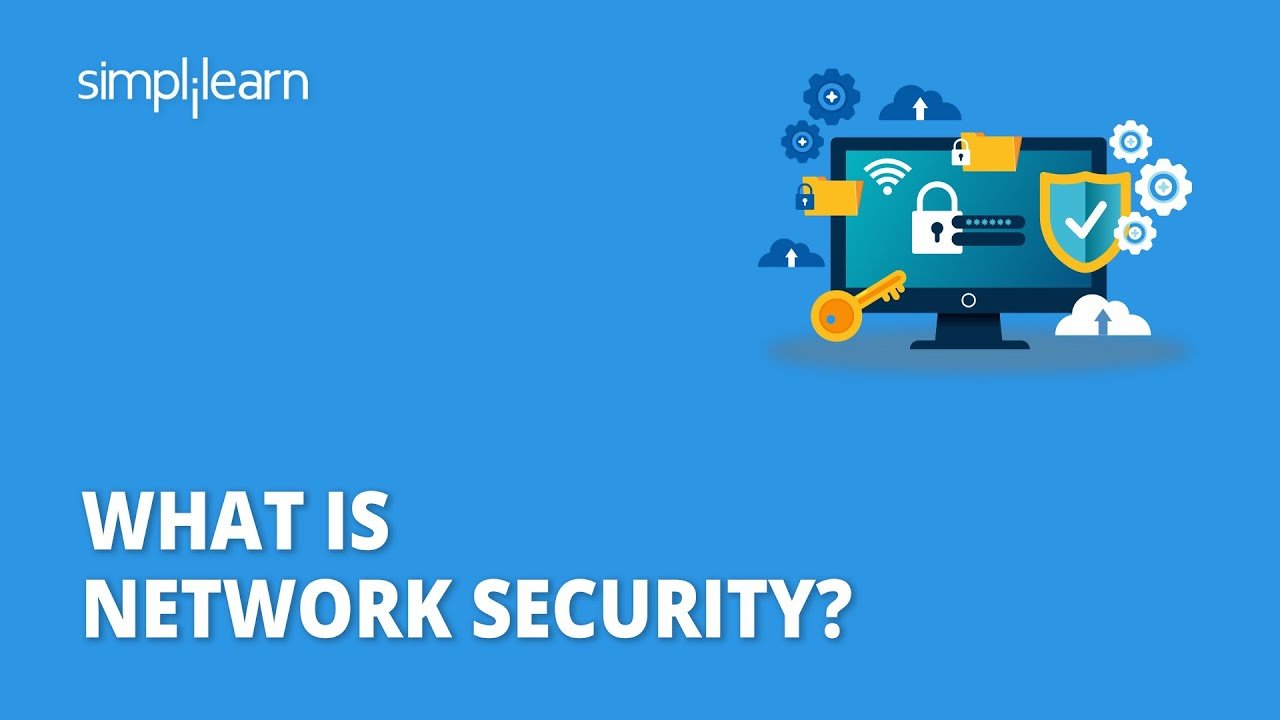On the same topic:
In today's digital age, network security is more critical than ever.
- What is Network Security as a Service (SECaaS)?
- Benefits of Outsourcing Network Security
- Features of Cybersecurity-as-a-Service (CSaaS)
- Importance of Threat Monitoring and Intrusion Prevention
- Network Security Solutions Offered by SECaaS Providers
- Comparison with Traditional Security Models
- Cost-Effectiveness and Scalability of SECaaS
- Role of Managed Cyber Security Teams
- Zero Trust Framework in Network Security
- Ensuring Data Protection and Ransomware Attack Prevention
- Leveraging Identity and Access Management (IAM)
- The Evolution of Cloud Computing in Network Security
What is Network Security as a Service (SECaaS)?
Network Security as a Service (SECaaS) is a cloud-based outsourcing model for cybersecurity. It allows organizations to leverage advanced security technologies and expert services without the need for significant on-premises investments. SECaaS encompasses a wide range of security solutions, including threat monitoring, intrusion prevention, and data protection, all delivered through the cloud.

Benefits of Outsourcing Network Security
Outsourcing network security to a managed service provider offers numerous advantages:
- Cost-Effectiveness SECaaS eliminates the need for expensive hardware and software investments, reducing overall costs.
- Access to Expertise Organizations gain access to cybersecurity experts who are well-versed in the latest threats and technologies.
- Scalability SECaaS solutions can easily scale to meet the changing needs of a business, ensuring continuous protection.
- Focus on Core Operations By outsourcing security, businesses can concentrate on their primary objectives without worrying about cyber threats.
Features of Cybersecurity-as-a-Service (CSaaS)
Cybersecurity-as-a-Service (CSaaS) offers a holistic approach to network security, combining various elements to provide comprehensive protection. Key features include:
 Top Online Classes for Cyber Security: Boost Your Skills Today!
Top Online Classes for Cyber Security: Boost Your Skills Today!- Managed Detection and Response (MDR) Continuous monitoring and response to threats, ensuring rapid detection and mitigation.
- Security Operations Center (SOC) A dedicated team of experts providing 24/7 threat monitoring and incident response.
- Threat Intelligence Advanced analytics and intelligence to identify and counteract emerging threats.
- Compliance Management Ensuring adherence to industry standards and regulations.
Importance of Threat Monitoring and Intrusion Prevention
Threat monitoring and intrusion prevention are critical components of any robust cybersecurity strategy. SECaaS providers utilize advanced tools and techniques to detect and prevent cyber threats such as ransomware, malware, and phishing attacks. Continuous monitoring ensures that any suspicious activity is identified and addressed promptly, minimizing the risk of data breaches.
Threat monitoring and intrusion prevention are essential for maintaining the integrity and security of an organization's network. By leveraging SECaaS, businesses can ensure that their systems are protected against the ever-evolving landscape of cyber threats.

Network Security Solutions Offered by SECaaS Providers
SECaaS providers offer a range of network security solutions tailored to meet the specific needs of businesses. These solutions include:
- Firewall Management Implementing and managing firewalls to protect against unauthorized access.
- Endpoint Protection Securing devices such as laptops, smartphones, and tablets from cyber threats.
- Data Encryption Encrypting sensitive data to prevent unauthorized access and ensure data privacy.
- Identity and Access Management (IAM) Managing user identities and access permissions to enhance security.
Comparison with Traditional Security Models
Traditional security models often rely on on-premises solutions that can be costly and difficult to manage. In contrast, SECaaS offers several advantages:
| Aspect | Traditional Security | SECaaS |
|---|---|---|
| Cost | High initial investment | Subscription-based, lower upfront costs |
| Scalability | Limited by hardware capacity | Easily scalable to meet demand |
| Maintenance | Requires in-house IT staff | Managed by service provider |
| Expertise | Dependent on in-house skills | Access to cybersecurity experts |
Cost-Effectiveness and Scalability of SECaaS
One of the most significant benefits of SECaaS is its cost-effectiveness. By adopting a subscription-based model, businesses can avoid the high upfront costs associated with traditional security solutions. Additionally, SECaaS offers unparalleled scalability, allowing organizations to adjust their security measures as their needs evolve.
 2024 Top Cyber Security Online Certification Courses: Boost Your Career!
2024 Top Cyber Security Online Certification Courses: Boost Your Career!Role of Managed Cyber Security Teams
Managed cyber security teams play a crucial role in the success of SECaaS. These teams consist of highly skilled professionals who continuously monitor and manage an organization's security posture. Their expertise ensures that businesses are protected against the latest threats and can respond swiftly to any incidents.
Zero Trust Framework in Network Security
The Zero Trust framework is a security model that assumes no entity, whether inside or outside the network, can be trusted by default. SECaaS providers implement Zero Trust principles to enhance network security. Key components include:
- Identity Verification Ensuring that only authorized users can access the network.
- Least Privilege Access Granting users the minimum level of access necessary to perform their tasks.
- Continuous Monitoring Regularly monitoring user activity to detect and respond to anomalies.
Ensuring Data Protection and Ransomware Attack Prevention
Data protection is a critical aspect of network security. SECaaS providers employ various measures to safeguard sensitive information and prevent ransomware attacks. These measures include:
- Data Encryption Encrypting data both in transit and at rest to prevent unauthorized access.
- Backup and Recovery Regularly backing up data to ensure it can be restored in the event of an attack.
- Threat Intelligence Utilizing advanced threat intelligence to identify and mitigate potential ransomware threats.
Leveraging Identity and Access Management (IAM)
Identity and Access Management (IAM) is a critical component of network security. IAM solutions help organizations manage user identities and control access to sensitive information. SECaaS providers offer robust IAM solutions that include:
- Single Sign-On (SSO) Allowing users to access multiple applications with a single set of credentials.
- Multi-Factor Authentication (MFA) Adding an extra layer of security by requiring multiple forms of verification.
- Access Control Defining and enforcing access policies to ensure that only authorized users can access sensitive data.
The Evolution of Cloud Computing in Network Security
Cloud computing has revolutionized the way organizations approach network security. By leveraging the cloud, SECaaS providers can offer scalable, flexible, and cost-effective security solutions. The evolution of cloud computing has enabled businesses to:
 CISA's Top Free Cybersecurity Services for Enhanced Protection
CISA's Top Free Cybersecurity Services for Enhanced Protection- Reduce Costs Lowering the need for on-premises infrastructure and maintenance.
- Enhance Flexibility Allowing organizations to quickly adapt to changing security needs.
- Improve Collaboration Enabling seamless collaboration between security teams and other departments.
Allot - Network Security as a Service (SECaaS)
Sophos - What Is Cybersecurity as a Service?
Zscaler - Security as a Service Explained
Foresite - Cybersecurity as a Service
StickmanCyber - CyberSecurity-as-a-Service Overview
Reverus - Cyber Security as a Service (CSaaS)
Heimdal Security - Cybersecurity-as-a-Service Model
MadDevs - Benefits of Cybersecurity as a Service
If you want to know other articles similar to Network Security as a Service: Your Complete Guide you can visit the Cyber security category.

